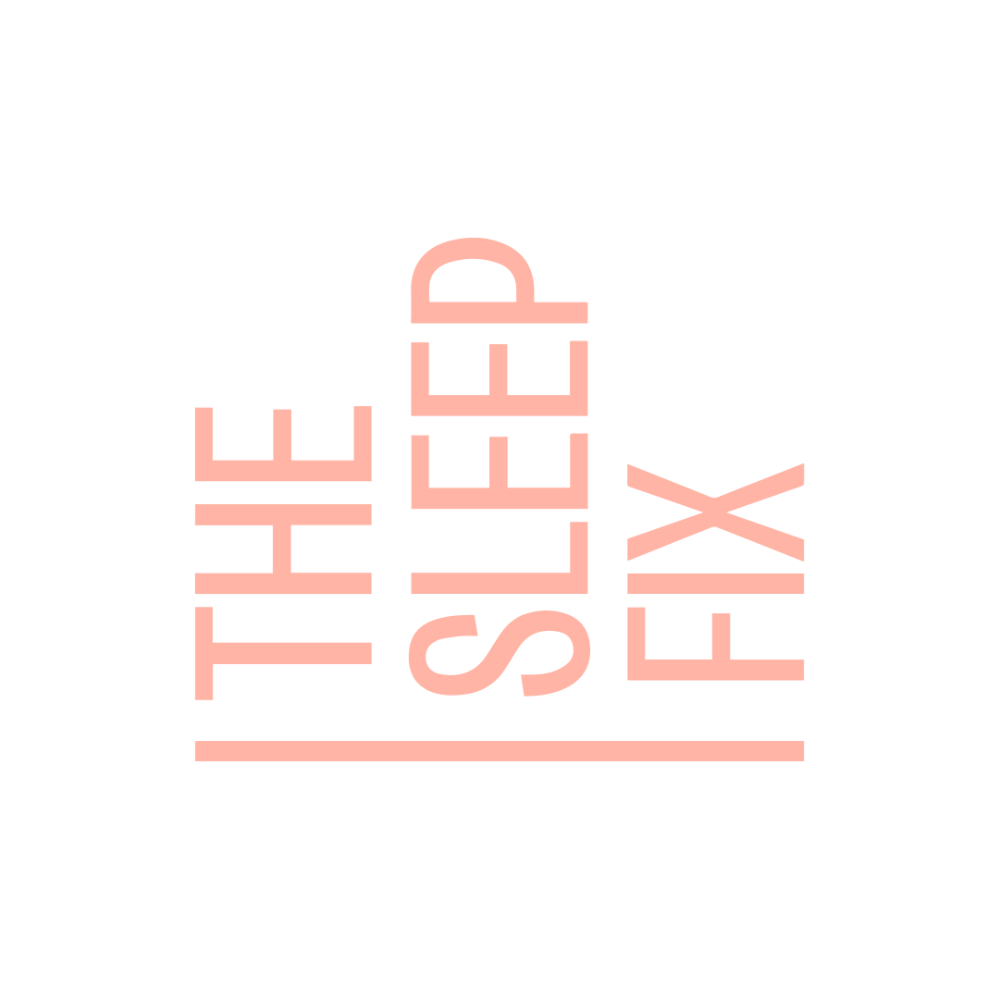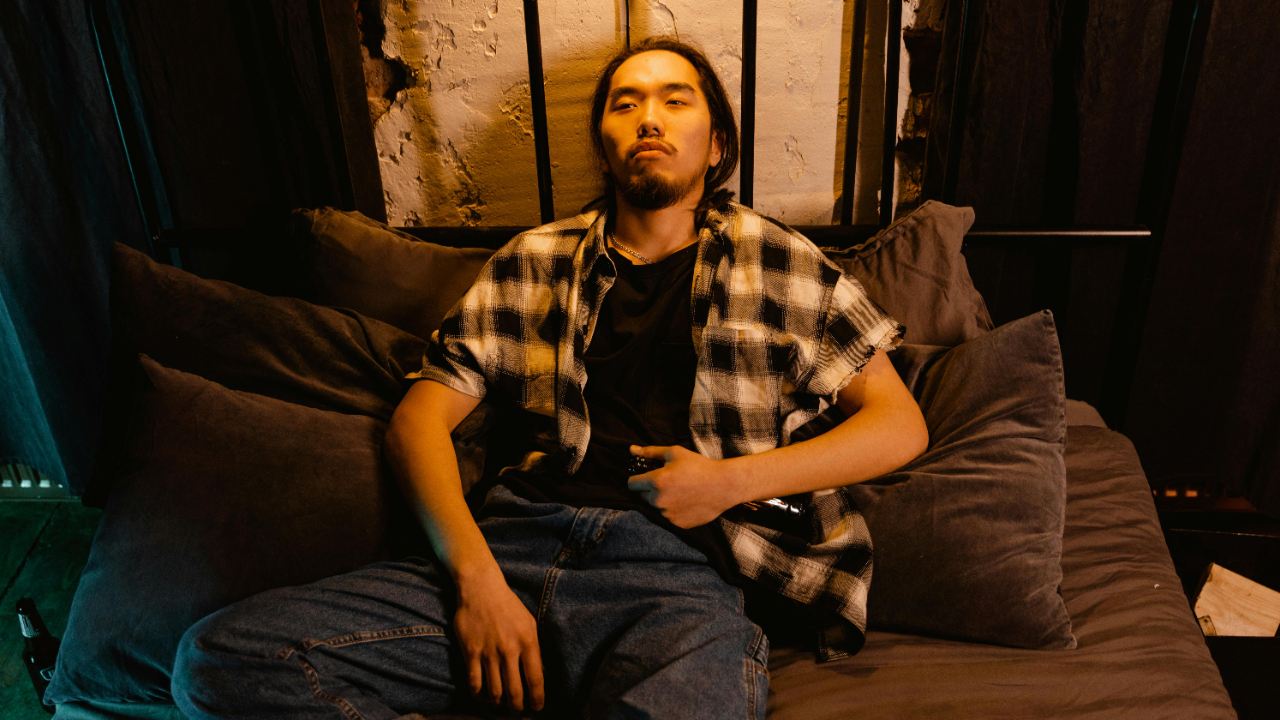5 Reasons You Can't Sleep at Night

Sleep is essential for our physical and mental health, but many people still struggle to get the sleep they need -- even though they try. Sound familiar? Here are five reasons why you might have trouble sleeping:
1. Stress and Anxiety
Stress and anxiety can make your mind race at night, which makes it difficult to fall asleep. Any worry – even something seemingly trivial -- has the potential to power up your wake drive and keep you up. If you spend enough time frustrated in bed, this can even become automatic! Your brain starts to see your bed as a stressful place where you need to be alert, instead of a calming place where you go to sleep. So, instead of bedtime being a cue for your brain to prepare for sleep, it becomes a cue for your fight-or-flight response to kick in. This is why you go from dozing on the couch to "tired but wired" in bed. This is textbook insomnia.
2. Your Chronotype
Did you know the times your body is programmed to be asleep and awake differ from person to person? This is called your chronotype, which determines the timing of your circadian rhythm. Some people are natural "early birds," programmed to wake up and fall asleep early. Others are "night owls," programmed to wake up — and stay up — much later. And others fall somewhere in the middle. That means if you're a shift worker or a night owl working "normal" hours, you're likely trying to to sleep when your body's sending you wake signals and trying to be awake when you're body's sending you sleep signals. You’re basically jet-lagged every day. This is why you might struggle to sleep during the week but do fine on weekends or vacations when you can sleep and wake up on your schedule.
3. Poor Sleep Habits
Your sleep habits can have a significant impact on your sleep quality. Waking up at different times each day, using electronic devices in bed, or consuming caffeine, alcohol, or stressful information too close to bedtime can all mess with your circadian rhythm, your wake drive, or both.
4. Temperature Issues
Body temperature has a significant impact on sleep. Under ideal conditions, our core body temperature naturally drops slightly at bedtime while our skin temperature warms slightly. If you're too hot, your core temperature could be too high for good sleep. If you're too cold, your skin temperature could be too low for good sleep. Habits like eating or exercising too close to bed can also raise core body temperature in subtle ways, making it hard to fall or stay asleep.
5. Medical Conditions
Sleep apnea, restless leg syndrome, and depression are just a few examples of medical conditions that can interfere with your sleep without you realizing it. These conditions are often mistaken for insomnia and can also coexist with insomnia.
What You Can Do About It
Here are some strategies you can try:
- Keep a sleep diary: By recording things like when you go to bed, when you wake up, how long it takes you to fall asleep, and other relevant info, you can often find patterns that help identify what's causing or contributing to your sleep problems. Keeping a sleep diary has also been shown to help people improve their sleep habits. And if you decide you need professional help, the data in your sleep diary can help your sleep specialist diagnose and treat you more quickly and accurately.
- Address stress and anxiety: Try setting aside a daily time during the day to address your thoughts and worries so that they don't keep you up at night. Our Racing Mind Reset is a free, evidence-based tool to help do this quickly and effectively.
- Adjust your sleep schedule: Use your sleep diary to help identify your natural sleep-wake rhythms and try to adjust your schedule to better align with them. Gradually shift your bedtime earlier or later until you find a schedule that works.
- Change poor sleep habits: If you have reason to believe a bad habit is causing your sleep problems, work to change that habit and see how you do. That said, you don't need perfect sleep hygiene to sleep well. And aiming for perfection can be stressful and backfire. So don't get carried away.
- Create a comfortable sleep environment: Try to ensure your room is as dark as safely possible, quiet or equipped with sleep-friendly noise (like a sound machine), roughly two degrees cooler than the rest of your home, and that your bed, bedding, and pajamas are all comfortable.
- Talk to your doctor: Ask your doctor if a medical condition may be interfering with your sleep. Your sleep diary can also be helpful in identifying patterns and symptoms related to an underlying medical condition.
Need more help? Don't worry we've got you covered. Our best-selling book, The Sleep Fix, and comprehensive course, The Sleep Fix Method, are specifically designed to help you identify and address the underlying causes of your sleep problems so you can get the quality sleep you deserve.







